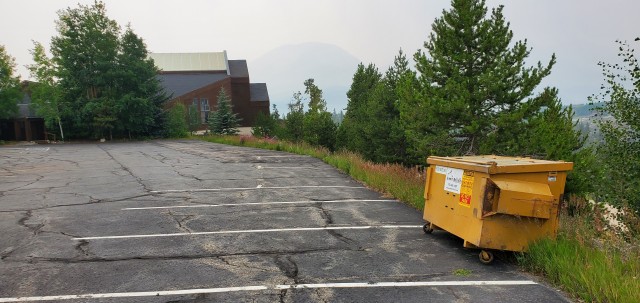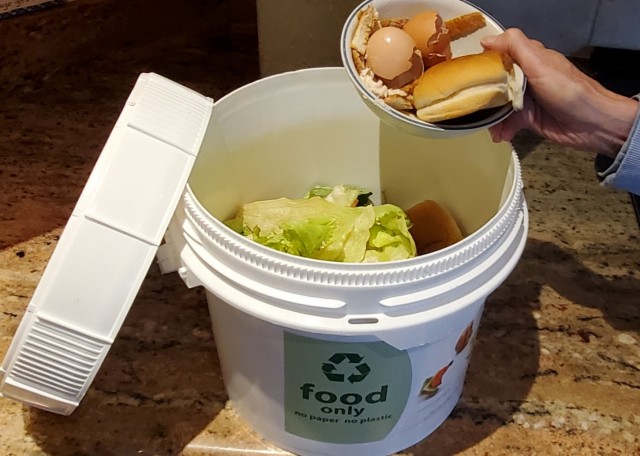By Nancy Spears and Doug Muschett
WHAT’S THE PROBLEM?
I always felt guilty about throwing away food – ever since my parents told me kids were starving all over the world and I should clean my plate (which didn’t help those kids, I replied!). Globally food waste in landfills produces methane gas, which is a major contributor to climate change.
US EPA and USDA websites state that Americans throw out about 40 million tons of food scraps per year. Nationwide food scraps are 22% of municipal solid waste (in Summit County it’s 32%!), and it’s the third-largest source of human-related methane emissions in the US, or 14% in 2017.
WHAT CAN YOU AND I DO? IT’S SIMPLE AS 1-2-3!
High Country Conservation Center (HC3) and their Food Scrap Composting program (funded by Summit County, which is all of us!) lets us participate in the solution. On their website you can watch a YouTube video of how easy it is to participate or call them at 970-668-5703 with questions.
- Enroll to get an email with the combination lock code for all food recycling bins in Summit County. It’s important to enroll so you will be notified if the code changes.
- Get a free bucket – Once enrolled, stop by either HC3 in Frisco or Lord of the Mountains Church (LOTM) in Dillon to pick up a free composting bucket with a tightly sealed lid, making this process odor free.
- Save and dump your scraps - LOTM has a bin in the parking lot in Dillon (this is a trial – so give us your feedback) or you can dump your bucket at recycling centers in Silverthorne, Frisco, and Breckenridge (all are open 24x7).
Accepted: all food including fruit pits & peels, meat, bones, coffee grounds and filters, spoiled food, baked or processed foods.
NOT Accepted: paper, plastic and “compostable” products (such as bags, tea bags, egg cartons, plasticware, plastic corn cups, etc.).
The county takes the food waste to their composting operation at the county landfill site which produces and sells usable compost.
IMPROVE OUR HEALTH AND OUR PLANET’S – BE A PART OF THE SOLUTION, HOWEVER SMALL
Now, instead of dumping leftovers, scraps from food prep, and moldy stuff in the fridge or expired stuff in the pantry into your trash can (which smells up your kitchen), just save it in your bucket and dump it when you shop, drop off other recyclables, or go to church!
With this simple act of kindness, you can help restore the soil, help local gardeners and farmers who buy this valuable compost to fertilize their plants and crops, which helps improve the health of your family and the whole community.
LEARN MORE AND SHARE
Fascinating documentaries, like “Wasted! The Story of Food Waste” and “The Need to Grow,” are teaching us how current agricultural methods and food distribution cause soil erosion and nutrient depletion, and fertilizer runoff causes algae blooms and biological dead zones in water bodies. Share your knowledge of this program with family, friends and neighbors. Alone we are small, but TOGETHER, we are mighty.


